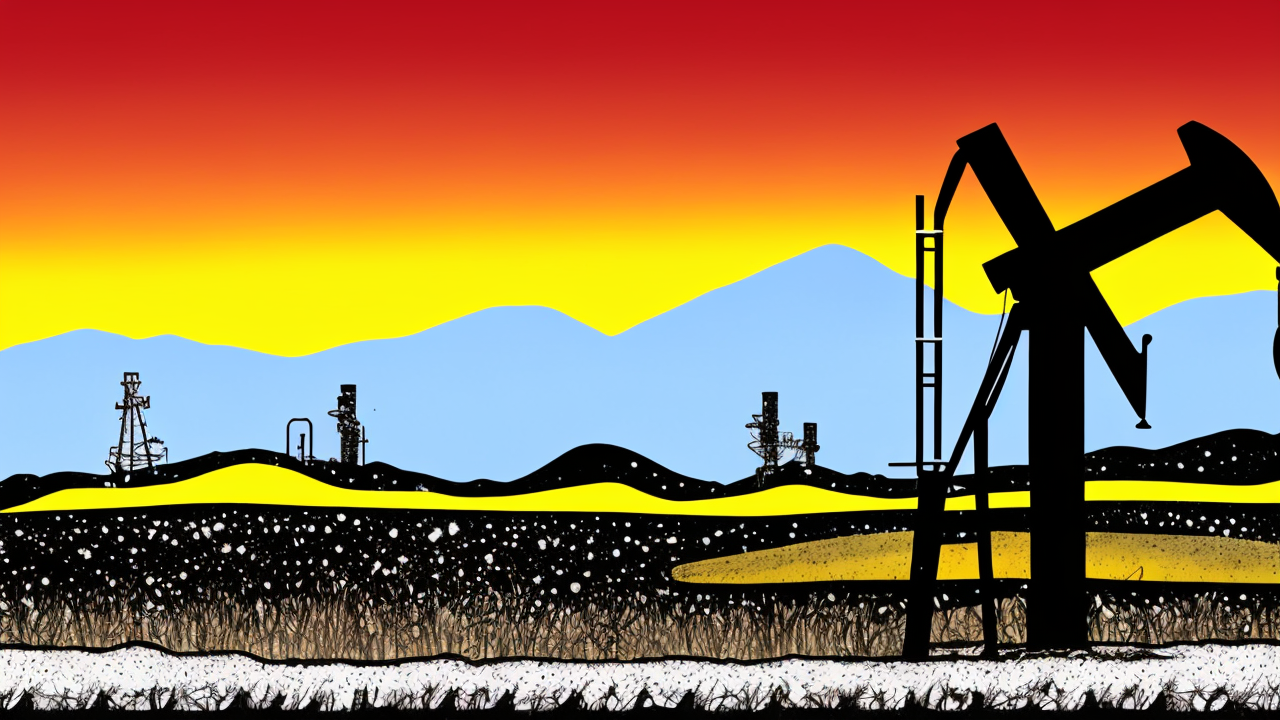The Clean Energy Debate: Rethinking Natural Gas and Renewables

The debate over natural gas as a "clean" energy source highlights the flaws in simplistic categorizations of energy sources as either "clean" or "dirty." While natural gas emits less carbon dioxide and other pollutants compared to coal and oil, its classification as "clean" remains contentious due to concerns about methane emissions and fracking.
Critics argue that renewable sources like wind and solar are inherently "clean," yet these technologies also have significant environmental impacts. Wind turbines and solar panels require frequent replacement, and their production relies on mining rare earth metals, often in countries with lax environmental regulations. This mining process can lead to pollution, habitat destruction, and human rights abuses.
The classification of energy sources as "clean" is often influenced by political favor rather than objective analysis. Louisiana recently reclassified natural gas as a "green" energy source, a move criticized by environmentalists but supported by arguments that natural gas is more reliable and affordable, leading to economic growth and increased investment in environmental protection.
Rather than focusing on arbitrary labels, policymakers should prioritize energy policies that promote reliable and affordable energy production. This approach aligns with the Environmental Kuznets Curve, which shows that economic growth enables communities to invest in environmental protection. By recognizing natural gas's role in affordability and reliability, states like Louisiana are fostering prosperity while supporting environmental stewardship.
In conclusion, the debate over clean energy must move beyond simplistic labels to focus on balanced, evidence-based policies that prioritize both economic growth and environmental well-being.
Tags: Energy, Environment, Louisiana, Natural Gas, Renewables
Published: 8/14/2025
















